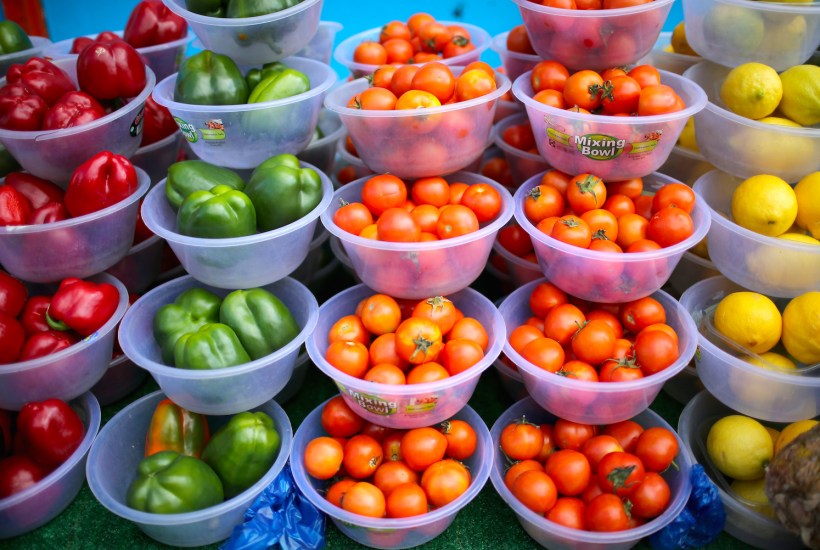Has food price inflation finally peaked? Figures released by the British Retail Consortium (BRC) this morning reveal that food prices were up 15.4 per cent in the past 12 months, down from 15.7 per cent in the year to April. Last week’s figures from the Office of National Statistics also showed a small fall, from 19.2
Already a subscriber? Log in
Subscribe for just $2 a week
Try a month of The Spectator Australia absolutely free and without commitment. Not only that but – if you choose to continue – you’ll pay just $2 a week for your first year.
- Unlimited access to spectator.com.au and app
- The weekly edition on the Spectator Australia app
- Spectator podcasts and newsletters
- Full access to spectator.co.uk
Or





















Comments
Don't miss out
Join the conversation with other Spectator Australia readers. Subscribe to leave a comment.
SUBSCRIBEAlready a subscriber? Log in